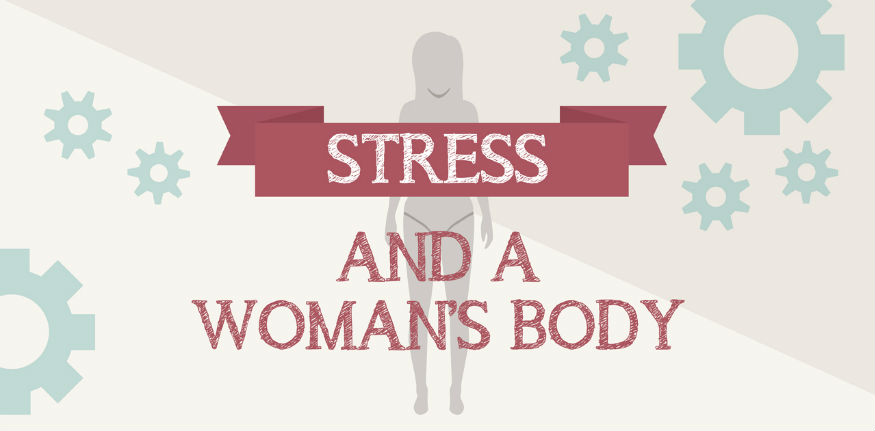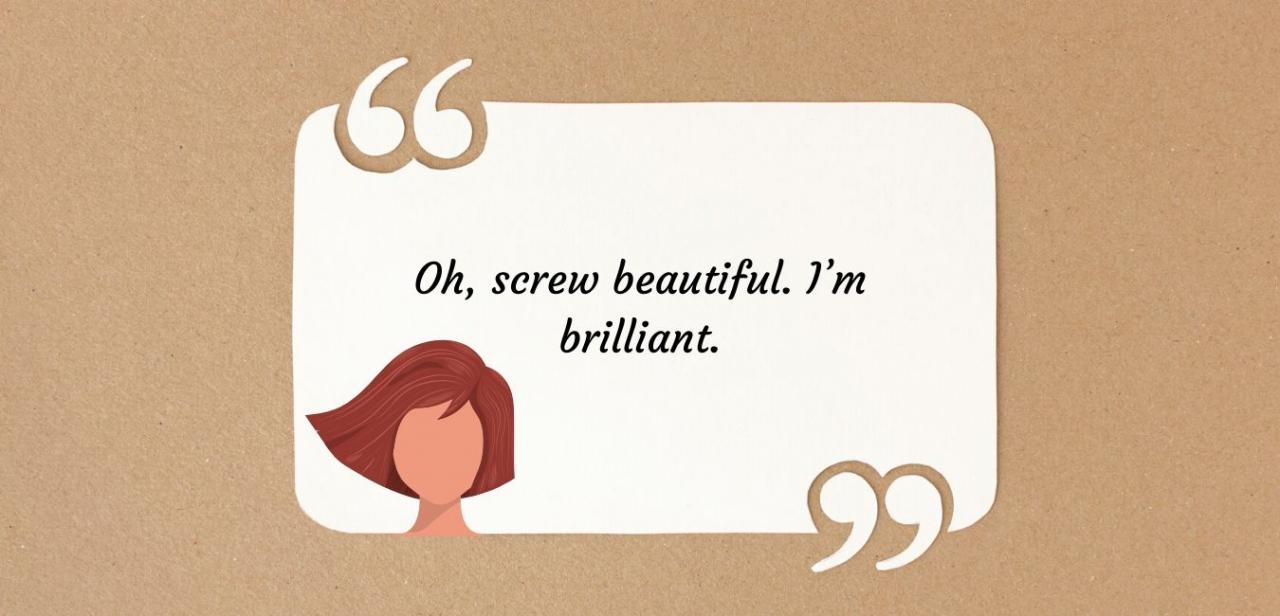 puhhha/Fotolia
puhhha/Fotolia
Most people know their stress triggers. The stress cycle could be set in motion by something at home, or on the job. It might be kicked off by an emotion like irritation, guilt, frustration, anger, fear, surprise or grief.
Whatever the cause, the result is always the same. That fight-or-flight response can lead to a host of symptoms. Stress can be acute — coming in short bursts that then dissipate — or chronic — hanging on interminably over the long term, seemingly forever.
Of course, stress can move in even when nothing at all is actually happening. It can be initiated by something anticipated or perceived. The human mind is so powerful that simply worrying or thinking about a particular issue can kick off the same cascade of stress hormones, as if the issue is real and immediate.
Here are three ways to help break that unrelenting stress cycle:
1) Do something different.
This can be applied in two ways.
First, do something different to change the pattern and break the cycle. Depending on what the trigger is, look to see if there is a way to change the location, time, subject, or even the people who attend.
If hosting the large annual holiday get-together brings on anxiety and insomnia, ask someone else to host, move it from a dinner to a pot-luck brunch, or reserve a room at a restaurant.
If getting the children to school on time routinely brings out angry outbursts of emotions and makes for a stressful morning, try changing their routine, or your own routine. Consider moving departure time up by 15 minutes, or get involved with carpools where those hurried emotions can be rotated.
Second, do something different by working to respond differently and more positively, instead of falling back on typical negative emotions.
If work is not going the way you want, or if your husband did not pick up his dishes again ... if your in-laws have invited themselves over for the weekend ... if you are going to be late to an appointment because of traffic (again) ... take a deep breath and work to spin the situation around.
Catch yourself heading down the negative-talking rabbit hole, acknowledge it, and say something positive out loud about the event or person.
2) Just say no.
Let’s say you tried something different and it did not work. You asked the rest of your family to host the holiday party and nobody else stepped up. Instead of stressing out about it, decide that you are not going to host it either, and let the family work together to come up with a plan B.
Learn to say no to things that bring on those negative emotions and fill your plate with events and obligations that do not get you excited. If they are not critical to your well-being or the well-being of your family, or your employment status at work, then politely decline. You do not need to give a reason why, nor do you need to apologize — but you can say no.
3) Plan for the worst.
Sometimes in life we have to put on our big girl panties and accept the situation in front of us. If given enough time (especially in events that occur on a regular basis) we can plan for the worst, know we are going to stress out, warn all involved, and hope for a happy ending.
By planning ahead, hopefully you can negate, buffer, or circumvent many of the typical issues for a smoother situation, event or interaction. Taking deep breaths and smiling goes a long way.
Despite these suggestions, stress can sometimes feel quite overwhelming and all-consuming. If this is the case for you, please speak with your health care provider or talk to a qualified counselor or therapist who can help on a deeper level.
Sources:
1) Lovell, B, Moss, and Wetherell, M. (2011). Perceived stress, common health complaints and diurnal patterns of cortisol secretion in young, otherwise healthy individuals.
https://www.deepdyve.com/lp/elsevier/perceived-stress-common-health-complaints-and-diurnal-patterns-of-vUkTVJQZqi
2) Pruessner, J, Hellhammer, D, and Kirschbaum, C. (1999). Burnout, perceived stress, and cortisol responses to awakening.
http://www.ncbi.nlm.nih.gov/pubmed/10204973
Reviewed December 28, 2015
by Michele Blacksberg RN
Edited by Jody Smith





Add a CommentComments
There are no comments yet. Be the first one and get the conversation started!